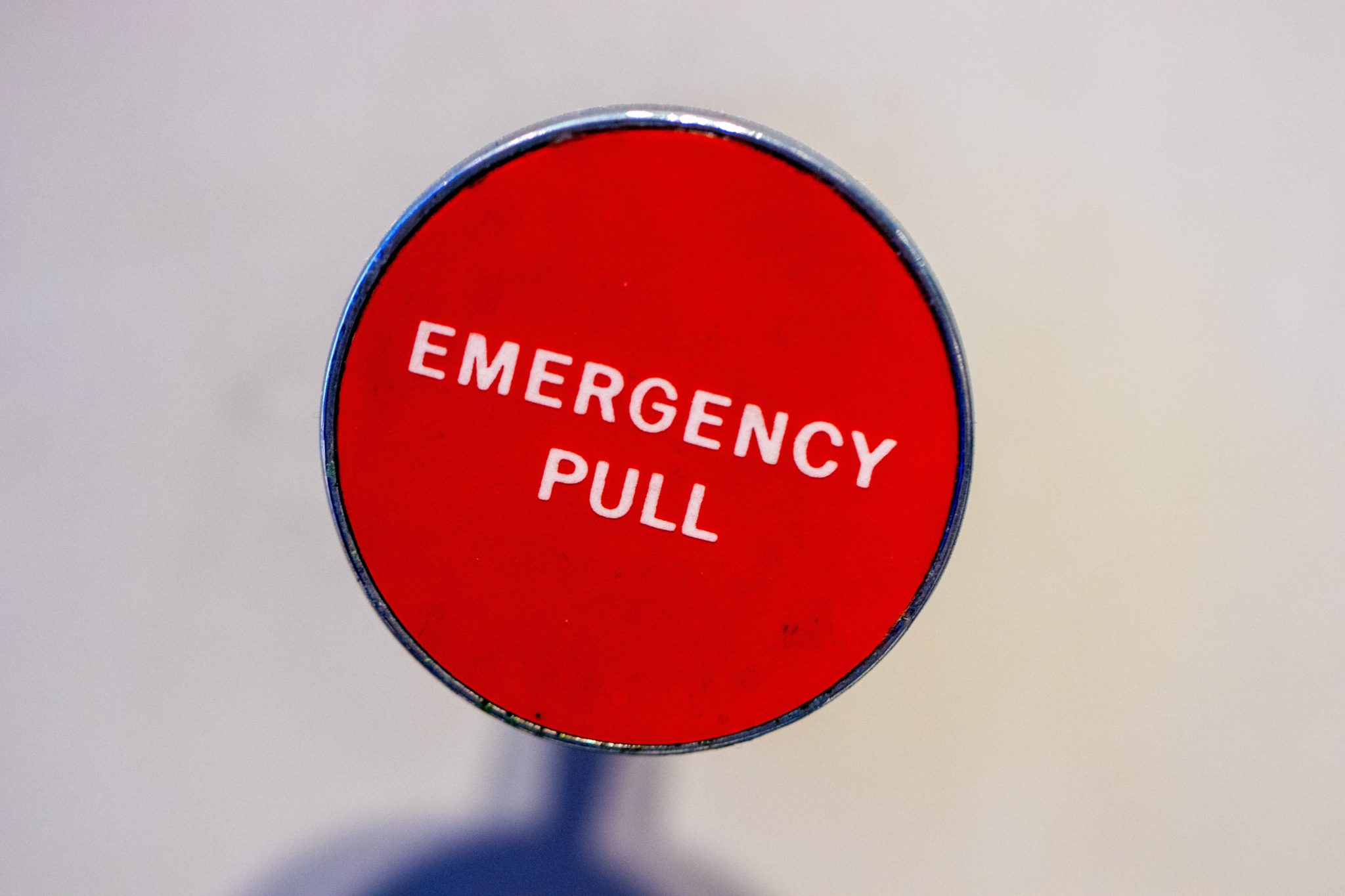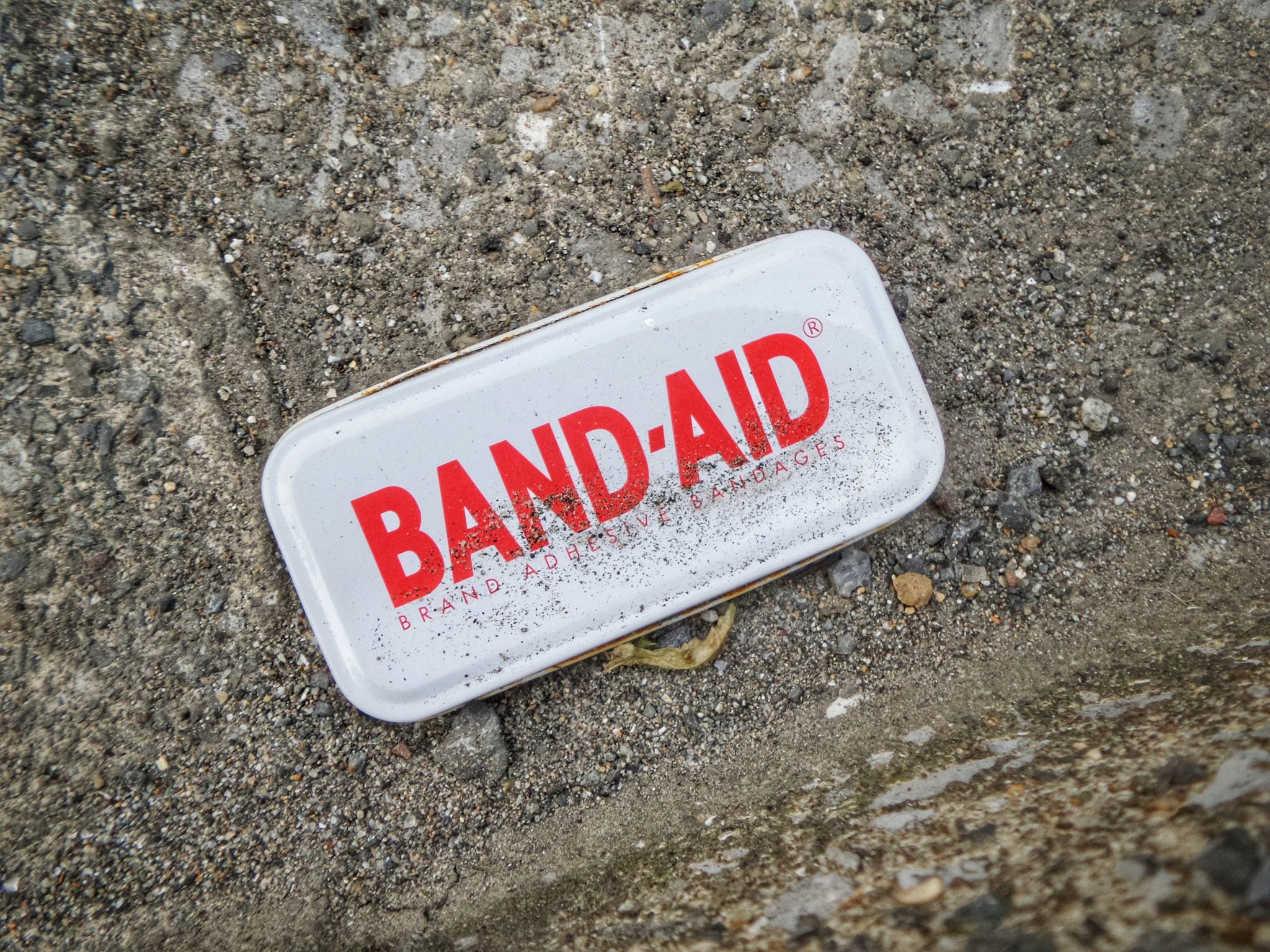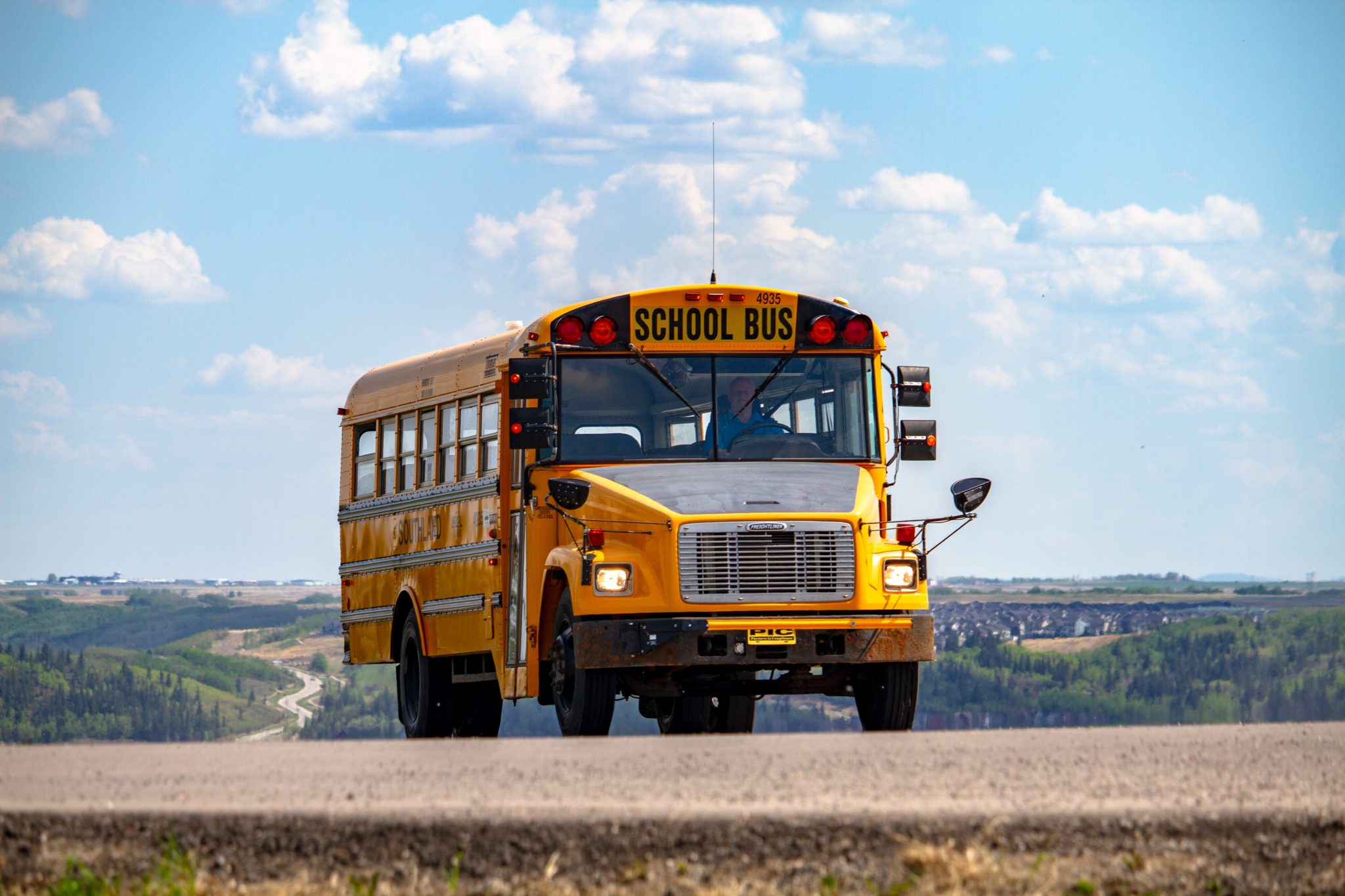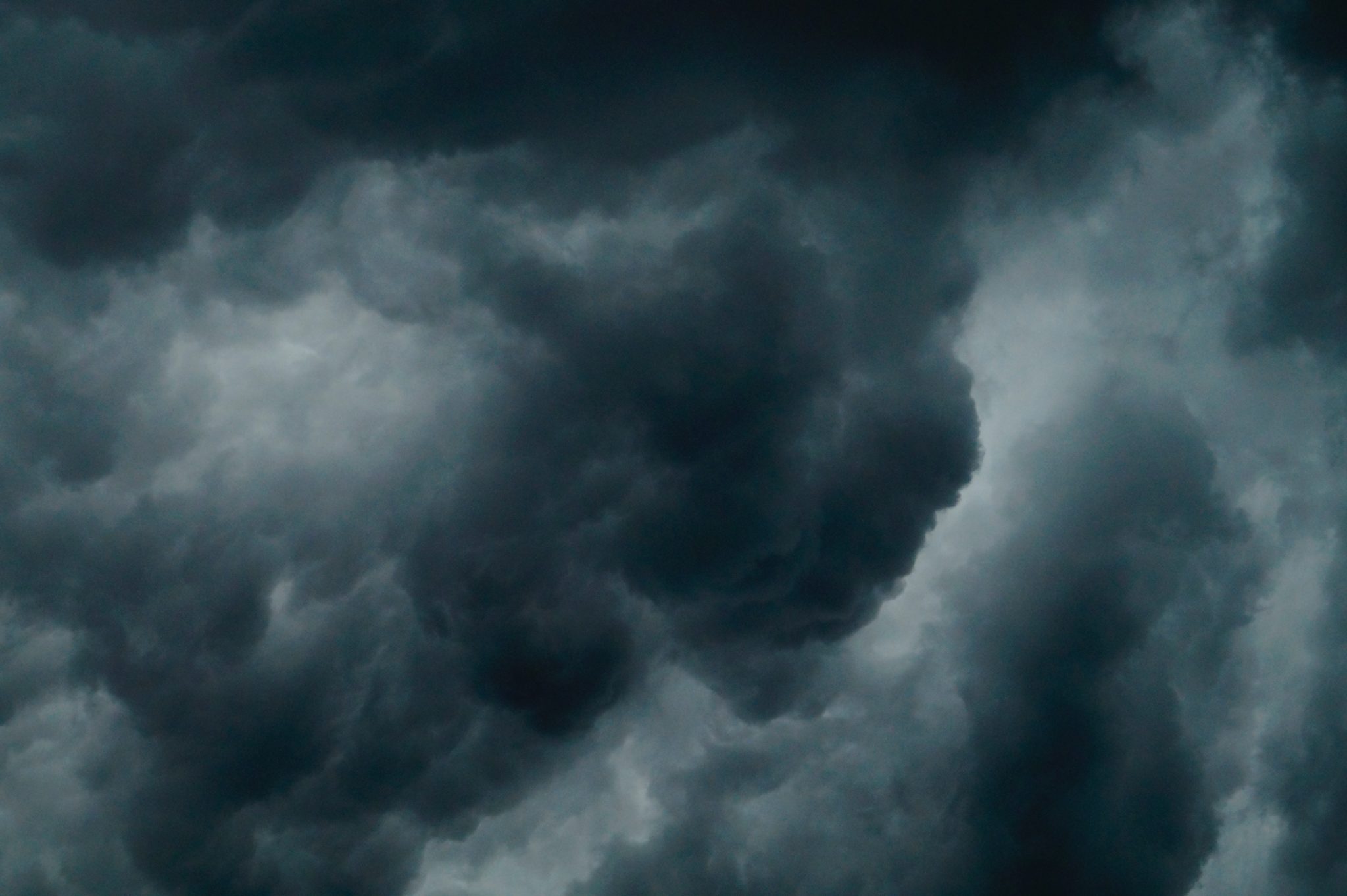At Campminder, we’re passionate about keeping you organized and prepared in case the unplanned happens. But what happens if you lose online access to Campminder? Emergencies are rarely predictable, so that’s why it’s critical to prepare summer camp emergency plans for every possible situation.
We’ve put together this list of suggested best practices, as a supplement to your Emergency Action Plan, to help you keep things running smoothly even if your access to Campminder goes down. We recognize that each camp is unique and these practices will vary based on your daily practices and business needs.
Something to keep in mind: If you are a residential camp, some documentation may be more important to have during arrival and departure days than during regular weekdays.
An All-Inclusive Emergency Checklist
A reliable, all-inclusive summer camp emergency plan is all about premeditation. That’s why we’ve spent some time considering potential emergencies and providing you with back-up plans in case they crop up. At Campminder, we want you to feel in control, especially when emergency strikes.
To make sure you’re prepared, we recommend compiling all the information that is essential to your daily operations in an easily accessible place. If the lights are out, you want to be able to get to those documents quickly and easily.

Specifically, we suggest compiling “quick reference” sheets to grab and take with you when you leave the camp or to have in cases of power or service outages. You can compile these hard copies in binders and distribute them to any leaders, campers, or medical staff who may need access to this information.
Below, we’ve provided a list to get you started.
Medical Information
Include a quick-glance hard copy of which campers need to take medications. Don’t forget to include:
- The dosage and frequency that the medication should be taken.
- A complete list of those campers who you are permitted to treat and those whose parents have declined medication.
- A quick reference for all campers’ immunization records.
- Any allergies that your campers may have, distinguishing between those who have anaphylactic allergies and those who have seasonal allergies. Be sure to outline what a reaction looks like and how it should be dealt with.
Armed with this checklist, you’ll know exactly what to do with the child who steps on a rusty nail, who turns up wheezing, or who has a rash that throws you into a panic. Hard copies of all of this information provide you access to your most important information even when your system is temporarily unavailable.
Roster and Scheduling Information
It’s important to know all the who’s, where’s, and when’s of your summer camp so that there’s no added confusion in case of emergency. We suggest including the following list of information in hard copy form as well.
And don’t worry- you don’t have to have every single form known to man in your emergency binder. Instead, just provide summaries and lists that counselors and directors can glean from at a glance. When emergency strikes, too much information is likely to muddy-up the process and bring even more chaos than concise, organized directions.
Here are some examples of these types of documents:
- Daily schedules for activities and electives. These documents answer the important question, “Where should everyone be? And when?”
- Bunking and counselor information. These documents answer the question, “Who is responsible for each child’s safety?”
- Travel rosters, bus rosters, and attendance rosters. These documents answer the question, “Which kids are at camp today?” and “Which camper is in each group for this trip?”
- List of authorized adults. These documents verify who has been cleared to pick up children from camp.
Each of these lists helps directors and counselors ensure the safety and security of the kids whom parents have entrusted to them. Even though it might seem like a great deal of work, these at-a-glance lists could be instrumental in keeping your campers safe.
Contact Information
Lastly, you’ll want to be sure you have a spreadsheet or list of your campers’ names and their parent/guardian contact information. If emergency strikes, you need to have a way to contact parents right away. Although our app is a trustworthy organizational tool for all of this information, technology always needs a back-up.
Now that you’ve created your summer camp emergency back-up plan…
…there’s more. Think about specific situations that might require quick action or that will affect your access to online data. Here are some examples with some suggested actions you can take to be prepared:
Power Outages, Downed Servers, or Signal Loss
You might not have backup generators and fiber networks for phone and internet set up. Or, maybe your software or servers are down. If you find yourself without access to CampMinder and other software platforms, consider instituting the following back-up plans.
- Make sure a laptop is always charged. This way, you may access offline features of your organizational software or files on your desktop. If you need to print out important documents on the fly, you could invest in a portable printer connected to wifi and a backup battery device. Of course, if wifi is already down, this would not be an option. However, you may have limited access to an internet connection if you’re off-site. In this case, a printer may be an invaluable tool.
- Make sure you have access to critical information (via paper backup of USB) that is not reliant on an internet connection to retrieve. Update the information on a designated day each week or at the start of each session.
- Your Emergency Action Plan (EAP) should include directions to staff regarding crucial camper information in the event of camp office losing access to CampMinder system. During training, make sure that your staff is aware of the answers to the following questions.
- Who will notify staff if the camp has lost access to Campminder or other critical software?
- Once notified, where do staff go to pick up crucial camper information?
Off-Site Trips
Summer camps often incorporate off-site educational or recreational trips. For these events, it’s great to be prepared in case an emergency happens while not at camp.
As we discussed earlier in our at-a-glance checklist, certain forms are necessary for any off-site excursion. Trip staff should have access to parent permission forms, medical history, emergency contacts, and parent phone numbers in the camp’s preferred format.
Permission-to-treat forms would be necessary at a hospital, for example. In most cases, you wouldn’t have time to go back to camp to get them, so planning ahead is critical. Also, include a hard copy checklist for staff with a communication action plan to the camp and to parents. Place this checklist at the front of your back-up plan binder so that all proper communication channels are open.
Natural Disaster
In cases where a fire or other natural disaster happens, you may need to move all campers and staff off-site quickly. Your EAP is set up to navigate that process. However, we encourage you to ensure you are prepared to access crucial camper information, too.
A good rule of thumb: Place two copies of your back-up emergency binder in two separate places. That way, if one binder is inaccessible due to natural disaster, you can access the other. Want to be even safer? Make more than two copies and require directors or counselors to keep them on hand in case of emergency.
Also, be sure to answer the following questions when assembling these plans:
- How will staff get access to this information when an emergency happens?
- Where will it be located and in what format?
- Who is in charge of grabbing it and who is their backup?
If you take these precautions, you’ll be able to breathe a sigh of relief that all your bases have been covered beforehand.
We’re here to help!
Our ultimate goal is for you to have a safe and successful summer camp program. So, we’re always here to help you think through best practices for your camp’s unique needs. If you’ve got questions or concerns or just need a little guidance on how to incorporate this checklist into your summer camp emergency plans, contact us at 303-444-2267.



